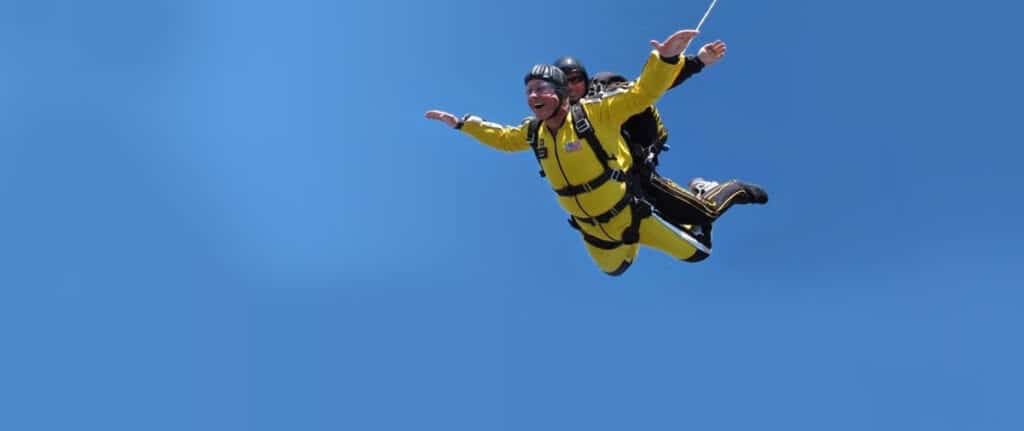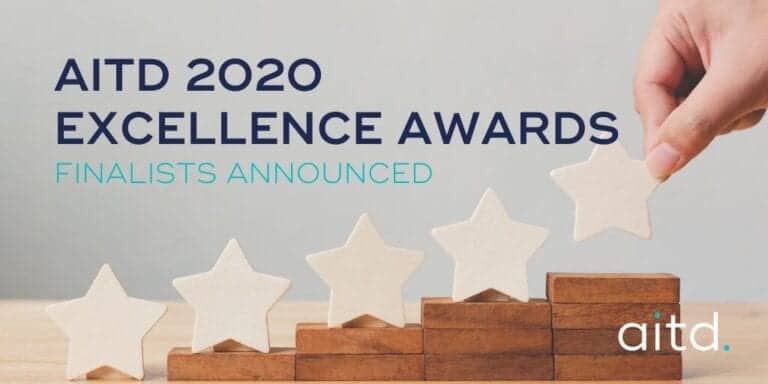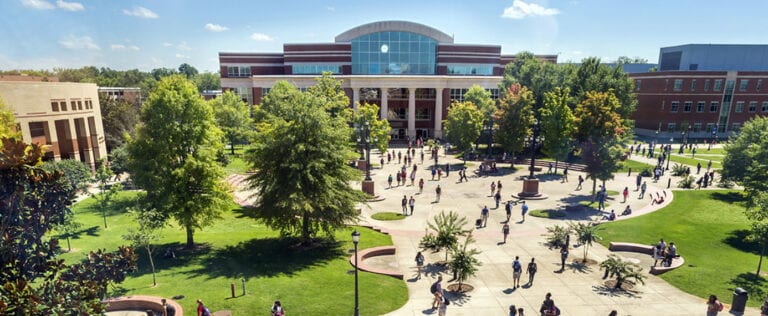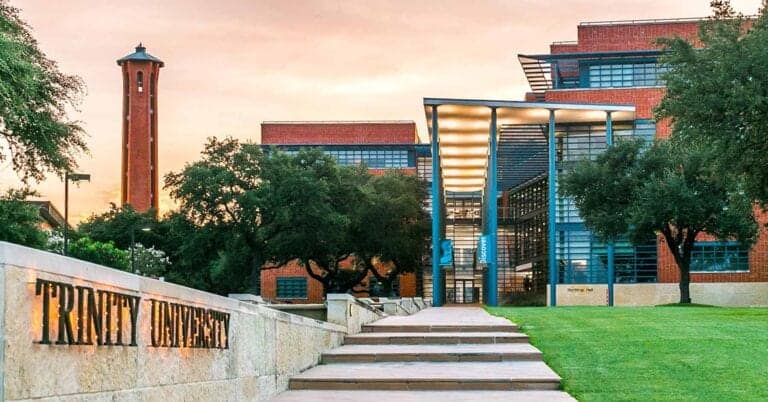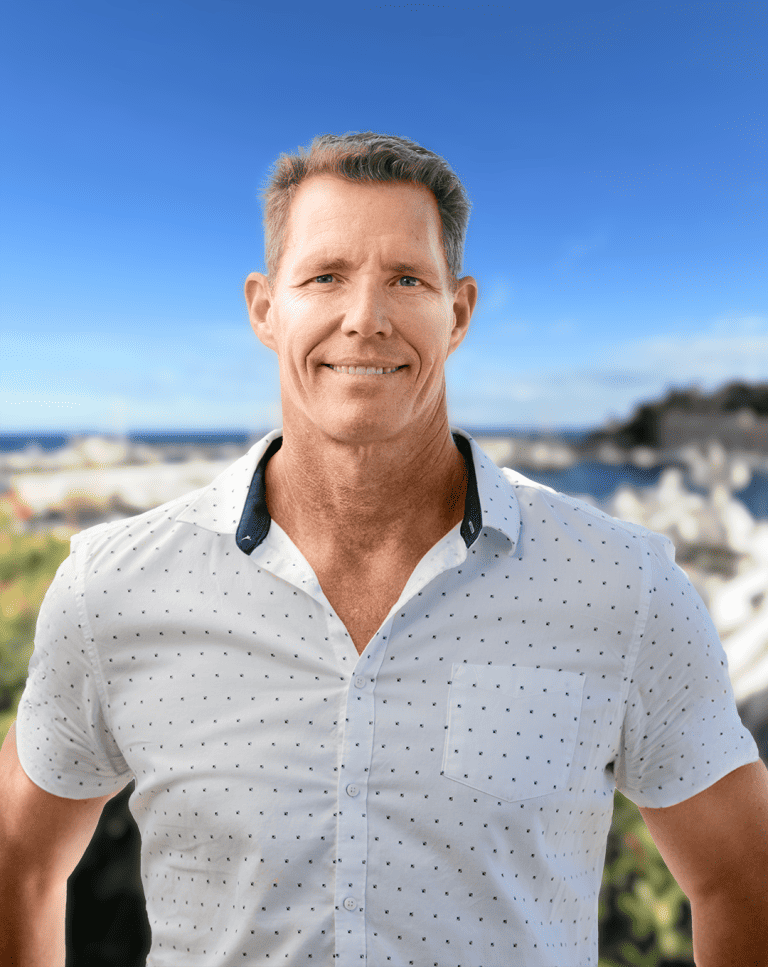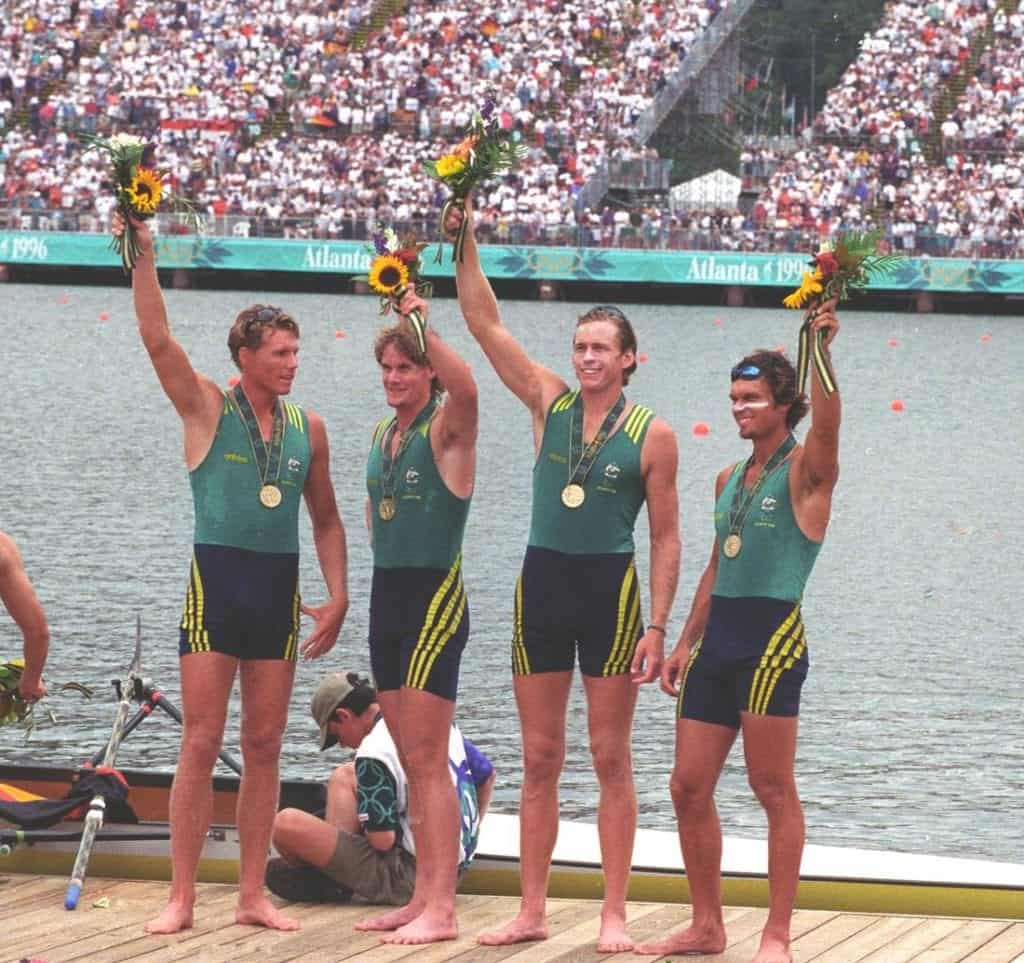What keeps Dr. Steven Estes, Professor of Leisure and Sport Management at Middle Tennessee State University engaged, looking for new challenges and delivering dynamic content to develop leaders for our community?
That question evolved in my mind the more we delved into Steve’s philosophy on leadership – developed over a career spanning over four decades. Experience has seen him guide students in the classroom as a tenured professor, high performance sport gave him the opportunity to compete at international events as part of the US rowing team, he continues to be a pivotal member and was twice president of the National Association for Kinesiology in Higher Education (NAKHE), a leadership lecturer in residence at the United States military training academy, and part of teams tackling grueling physical challenges.
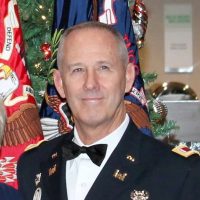
At Middle Tennessee State University, a university renowned for turning out ready to work graduates who are hardwired for success, Steve steers leadership development through his masters and doctoral programs. While the university has a large student body, some 22,000, classes are small and programs of study – including both graduate and undergraduate, number over 300. Middle Tennessee State University has 17 Division 1 Athletic Teams and inclusion is a high priority for the campus which provides free entry for students to all home athletic events. Diversity and high performance find comfortable homes on campus and within the walls of every classroom, two states that Steve knows very well.
As we unpacked the principles which anchor the way leadership is applied in each environment, Steve’s persistent reflection and enquiry became apparent. Experience has shown us at Athlete Assessments that regardless of the environment, every successful leader needs to create or perpetuate an effective culture. Steve spoke to us about the foundation for establishing the culture you want for your people, he explained that the most important thing to consider is integrity. Further, he says,
“If people are self-aware, and if we are living honestly in the world, then we become models for the people around us. We model the behaviors we want others to exhibit. Another way to put this is the golden rule. ‘Do for others what you would hope others would do for you’.”
As an educator Steve is adamant about equipping students with the tools they need to succeed rather than just delivering discipline specific content. Steve says, “I don’t think of myself as someone in sport management. Rather, I read and write in the humanities, and my goal is to help people think critically and live better in the world through a humanistic understanding of sport.” He explains that his role is to work with students “Helping them grow and become complete people. That is the role of higher education, discovery and sharing what we know with others.”
Of using Athlete Assessments’ DISC Profiles in the classroom, Steve says,
“Finding a tool where students can become more self-aware has just been an excellent experience for my students. They implicitly know that what they are learning is more important than the grade they get in the class. I receive incredibly positive comments about the instrument. Students feel that I truly care about them knowing themselves better. And that is true. But I’ve never had a tool that made this point so explicit.”
That commitment to fostering personal growth and community has led Steve to one of his most fulfilling roles yet as a leadership scholar who spent a year studying leadership and teams at the United States Military Academy at West Point. He tells us how his involvement with Reserve Officer Training Corps (ROTC) began, leading him to study leadership, and why he finds these studies incredibly rewarding. He says, “In 2007 I was a dean at my university and Reserve Officer Training Corps or ROTC reported to me. As I got to know the cadets I became very impressed with how they were living their lives, their sense of mission, their sense of community, their sense of patriotism. And my question became, ‘Why are these college students so good?’”
“One of the aspects of ROTC training is leader development. I made the connection between ROTC, the military, leader development, and higher education, and I decided I wanted to be part of that. Also at that time the United States was heavily involved in the wars in Iraq and Afghanistan. I’m a Vietnam era American, but I did not participate in the military during that war. So I think I felt a little bit left out, like I have not done my patriotic duty. When the opportunity came around in 2007 to contribute in some small way, which was working with ROTC cadets, I thought I could do my part. From there one thing led to another, and I ended up getting heavily involved by joining the Tennessee State Guard where I now serve as the Headquarters, Headquarters Company (HHC) Officer in Charge of Public Affairs. I’m pretty proud to wear that uniform.”
Steve also nominated integrity as the most important element in effective leadership. He tells us what integrity looks like,
“Doing the things that you say and think that you were going to do, and doing them honestly. The reason integrity is important is that you’ve got to find a way to be honest with yourself. You can’t kid yourself about being really good when indeed you know you are not. At the same time, as I’ve gotten older I’ve come to forgive myself for those things where I am ‘human’.”
Evaluating his own performance, Steve is confrontingly honest when he says, “I’ve learned that I don’t do everything excellently. In fact, looking back on it I’ve done very few things in my life that I would consider ‘excellent’. Too often I’ll get tired and stop short of total commitment or total effort. There were a few years when I was rowing when I came very close to consistent, high level effort, as hard as I could, every day. I suppose that is why being in the boat has been such a powerful experience for me.”
Steve’s studies in kinesiology began with his career as an athlete. He was a rower in college at San Diego State University, and he trained and competed for United States National Rowing Teams throughout the 1980’s. His rowing career highlights include two national championships in the elite eight, and a finals berth at the 1982 World Rowing Championships in Lucerne, Switzerland. Steve also served as the first men’s coach at the University of San Diego, and then as the men’s varsity coach. During the 2019–20 academic year he spent a few weeks each month at the United States Military Academy at West Point, working on a book on leadership and coaching cadets on the Academy rowing team.
At Athlete Assessments, experience has shown us that sport gives people a demonstration of their capabilities and the possibilities that become available through commitment and team work. Steve shares more about his own athletic experience, “It was one of the times when I actually really tried to be excellent over a long period of time. Not surprisingly, I did better at that than almost anything else I have ever done. That was incredibly rewarding.”
Steve tells us how those experiences translate now, “Those formative experiences have stayed with me all these years. 50 years! With that standard in mind, I teach, I write, I’m a father and a husband, and all of these things that I do are measured against those times in my life and I really try to be a good man. I think I’ve got a set of internal standards by which I judge my own thoughts and behaviors. I try to live by them, for if I do not then I disappoint myself. Conversely, when I do live by them I feel whole and complete in the world. I suppose this motivates me to get up and do it again the next day!”
In addition to building high internal standards, sport, like leadership training develops self-awareness and a commitment to others. Steve has a long term commitment to the communities that surround and support him and that involvement has been pivotal for the National Association for Kinesiology in Higher Education (NAKHE). Steve explains, “I became president of NAKHE for the first time in 1998. It was the one academic society in which I have always been active, and I have been on the board, held key leadership roles, chaired several of the high profile committees, published in the journals, and presented at every conference.”
“Being President is something that happened only once in those days. In 2012, membership was down, our journal was not particularly well read, conference attendance was getting smaller. I stepped in and ran the conference that year. I looked around and saw that the organization was doing very poorly, so I just got active. Started making phone calls, got myself back on a committee, and the next thing I knew I was nominated again for President. At the same time I had started a leader development workshop in the summer. And that quickly became very popular and one of the highlights of the association. So I was a natural fit for President. We redid our strategic plan, we changed our mission toward leader development, and we started growing again. I was President for two more years, and when I stepped down, NAKHE was pretty much in the shape it’s in today. My proudest achievements are all of the young professors who have joined NAKHE – the Association is in great hands now, and in my mind is better than it’s ever been. What is especially rewarding is that I’m not running it, these young professors are. That’s intensely gratifying.”
In 2019, Steve received the President’s Award from the National Association for Kinesiology in Higher Education at the group’s annual convention in Savannah, Georgia. The President’s Award recognizes an individual who has exhibited exceptional leadership in the profession and the organization. Since its founding in 1897, the organization, has given its President’s Award to one of its own members only four times.
By the end of our interview, Steve had answered the question that was growing in my mind, ‘What keeps this man interested, asking questions, looking for answers and seeking out new challenges in his field?’
Somewhere along the way he said, “Learning about myself and how I relate to others in groups has been the key motivation to all of my studies for over 30 years now. I’m always passing along to my students what I am discovering myself.”
And,
“We continue to grow throughout our lives. We should be getting better our entire lives. No matter where one starts, we should just always be trying to improve. This does not mean excellence, it just means simply getting better, and being interested in getting better.”
Steve shared so much valuable information during our interview that we’ve included and extended Q&A here.
LOVE THIS ARTICLE?
DOWNLOAD YOUR FREE, PRINTABLE PDF COPY BY FILLING OUT THE FORM BELOW!
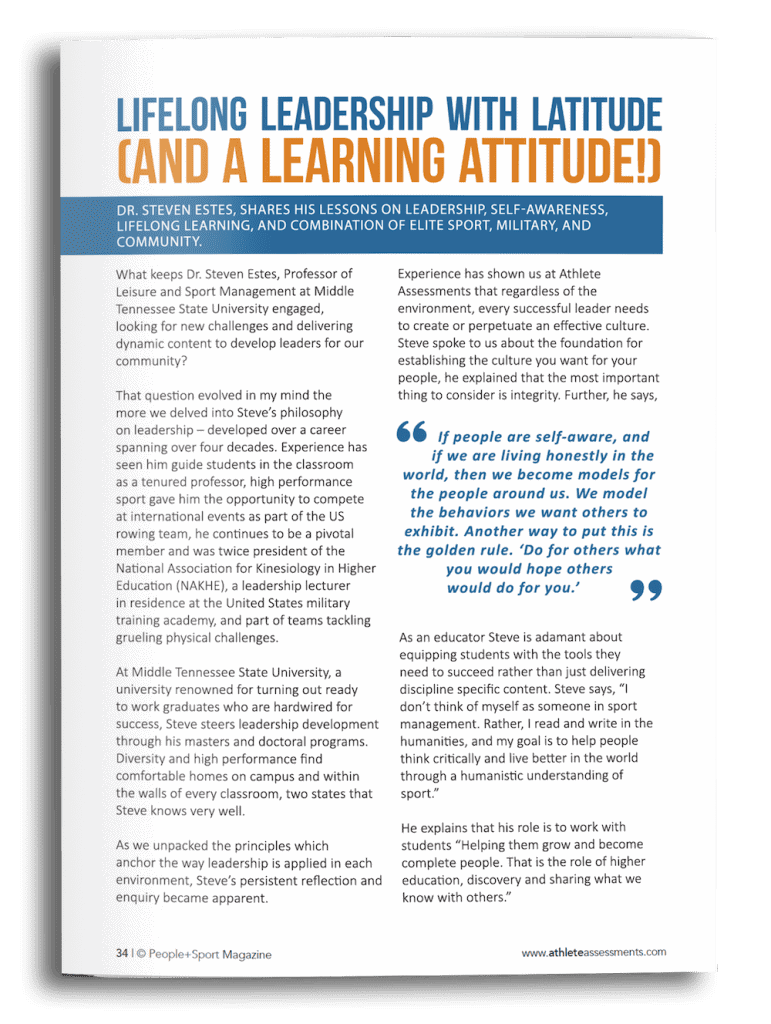
Where to from here?
Dr. Steve Estes uses Athlete Assessments’ DISC Profiles and Academic Program as part of the Leisure and Sport Management and Graduate Programs at Middle Tennessee State University. Whether you teach Sport Management, Sport Coaching, Sport and Health Sciences or Sport Psychology, provide your students with the skills to differentiate them when they enter the competitive sports industry. The success of your students reflects the success of your University Academic Program and we want to help you achieve success on all fronts.
Find out everything you need to know. We will send you a full information pack and organize your trial at no cost to you. We will also review your syllabus and make recommendations on the best way to incorporate the program within your class.
Contact us to receive your own information pack and free trial now.
Recommended Articles
We are incredibly proud and excited with the news we recently received from the Australian Institute of Training and Development (AITD). Each year they preside over the national Excellence Awards and Athlete Assessments have just been announced as one of eight finalists in the Best Leadership Development Program Award. Prior winners range from large corporations and Australian household brands such as Coles, Blackmores Institute, Volkswagen Group, Government departments and top Universities, so it is truly an honor to be named a Finalist now and we have our fingers crossed for the winner announcement later this year.
We recently interviewed Dr. Steven G Estes for our article “Lifelong Leadership with Latitude (and a learning attitude!)” which was fascinating. We found that there were too many valuable insights and experiences in leadership to restrain into one article and knew that you’d love to read more too. So, we are sharing the extended Q&A here.
Coaching, teaching, innovation, a flipped classroom, students with a growth focus and all in the context of sport at a University that made the Forbes list of the top 100 universities in the USA.
Leadership is not a role it’s an attitude; a state of mind, a way of behaving that inspires people around you to follow, hold similar beliefs, live similar values and work towards common goals.
Writing ranked #1 in the world next to your name is a rare honor. Writing it 2 years in a row means that you understand how to get it right, you’re an innovator and you stay at the forefront of your field. Loughborough University, the #1 University in the World for Sports Related Subjects, gets teaching the business of sport right.


